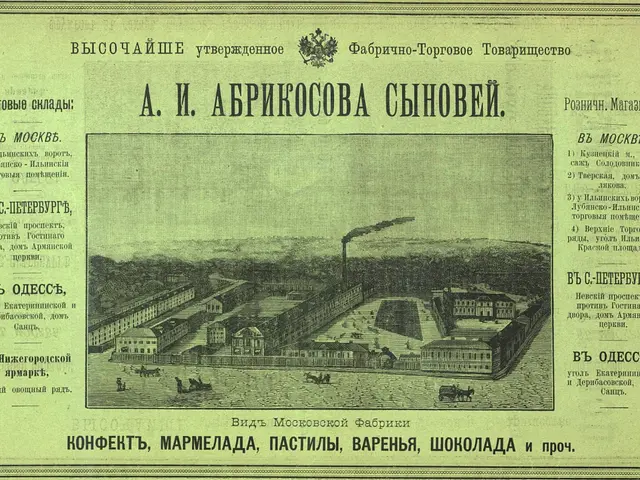Saladin's lasting fame: What's behind it?
Saladin Yusuf ibn Ayyub, a name that echoes across the centuries, is remembered as a hero, a political and religious figure, and a dynastic empire-builder in the Muslim world. Born nearly a millennium ago, Saladin's life and achievements continue to captivate historians and the general public alike.
Saladin's story began in the Fatimid Caliphate, a state ruled by a caliph - a religious and legal leader of the community of believers. However, by the 12th century, the Fatimid Caliphate was in decline. Saladin, a descendant of the Banu Hilal tribe, would play a pivotal role in its downfall. In 1171, he ousted the Fatimid caliphate, headed by a leader revered by Shia Muslims as the successor to the Prophet.
Saladin's uncle Shirkuh led a conquest of Egypt, joined by Saladin, which resulted in Saladin assuming full control and imposing adherence to the Sunni branch of Islam. This move marked the beginning of Saladin's rise to power.
In the following years, Saladin engaged in constant warfare against the Crusaders, who had established a presence in the region. The battle of Hattin on 4 July 1187, where Saladin defeated the Crusader States, opened the way for the recovery of Jerusalem. Saladin's capture of Jerusalem on 2 October 1187 was an extraordinary triumph that ensured his name is remembered across the centuries.
The victory at Jerusalem provoked outrage in the West, leading to the Third Crusade, an expedition launched by European rulers like Richard the Lionheart. Despite years of relentless campaigning, the crusaders left for home without accomplishing their primary aim, and Saladin held onto Jerusalem.
Saladin was known for his modesty in dress and demeanor. He was an enthusiastic huntsman and an expert polo player, traits that belied the immense physical and mental toll the constant fighting and running of the huge family empire took on him. In his final years, he suffered from violent stomach pains that sometimes prevented him from fighting.
Despite the hardships, Saladin was known for his generosity, piety, justice, and mercy, traits that were central to his success as a leader. He held his wife, Ismat al-Din, in special affection, writing to her daily during his serious illness from 1185.
Saladin's legacy continues to be invoked in the Middle East, often in political and cultural contexts, and is inextricably bound to the memory and legacy of the crusades. A testament to his enduring influence, Saladin's name appears on the coinage of Iraqi Kurdistan, and the university in Irbil is named for him.
Saladin died on 4 March 1193, exhausted by the struggle. His treasury was almost empty when he died, and it was said that money had to be borrowed to buy the bricks to line his tomb. Over 800 years later, Saladin remains a symbol of resilience, courage, and leadership, a figure whose story continues to inspire.
Read also:
- Peptide YY (PYY): Exploring its Role in Appetite Suppression, Intestinal Health, and Cognitive Links
- Easing Pedestrian Traffic Signal Pressure
- Astral Lore and Celestial Arrangements: Defining Terms & In-Depth Insights - Historical Accounts & Glossary of Cosmic Mythology
- ICE directed to enhance detention conditions following NYC immigrants' allegations of maltreatment








